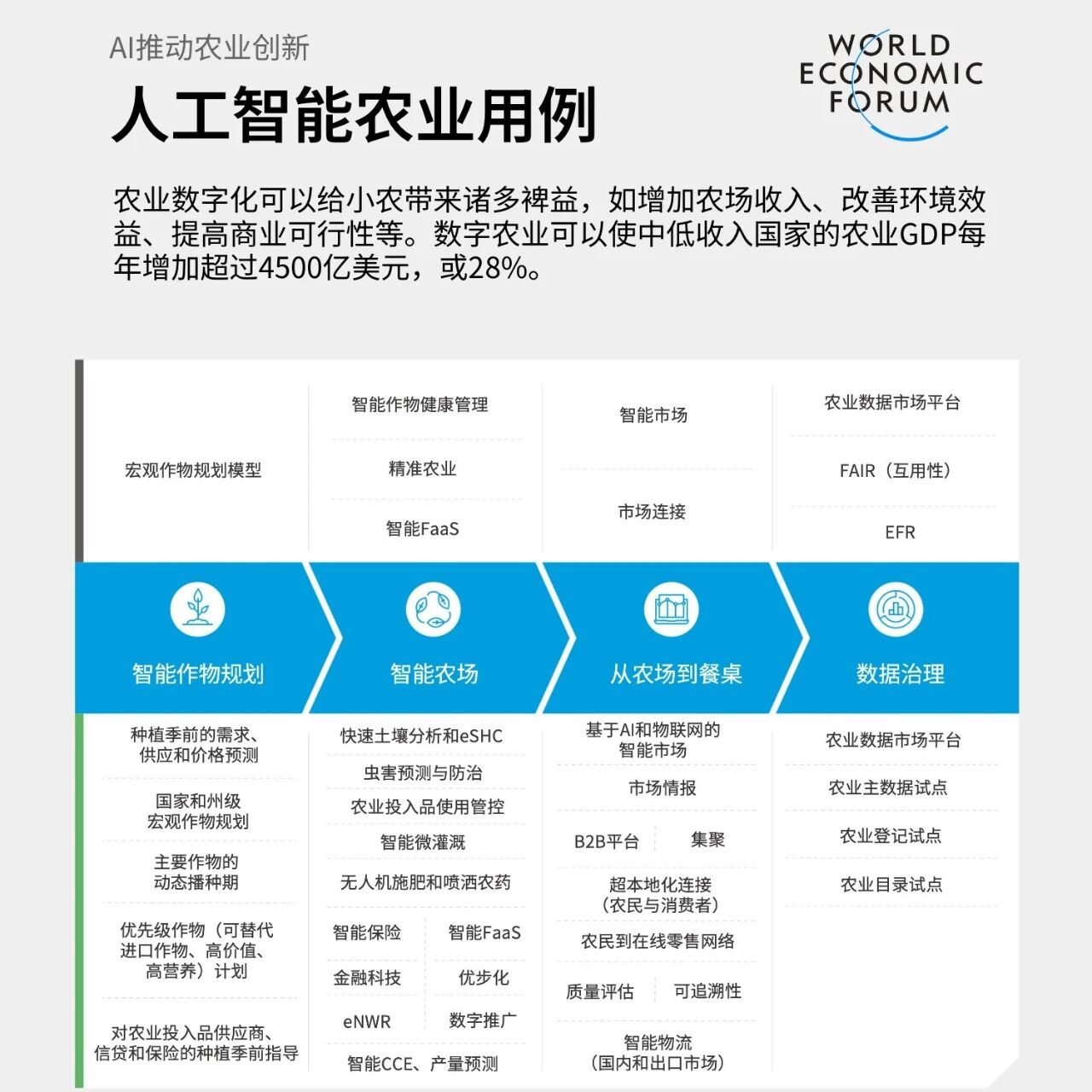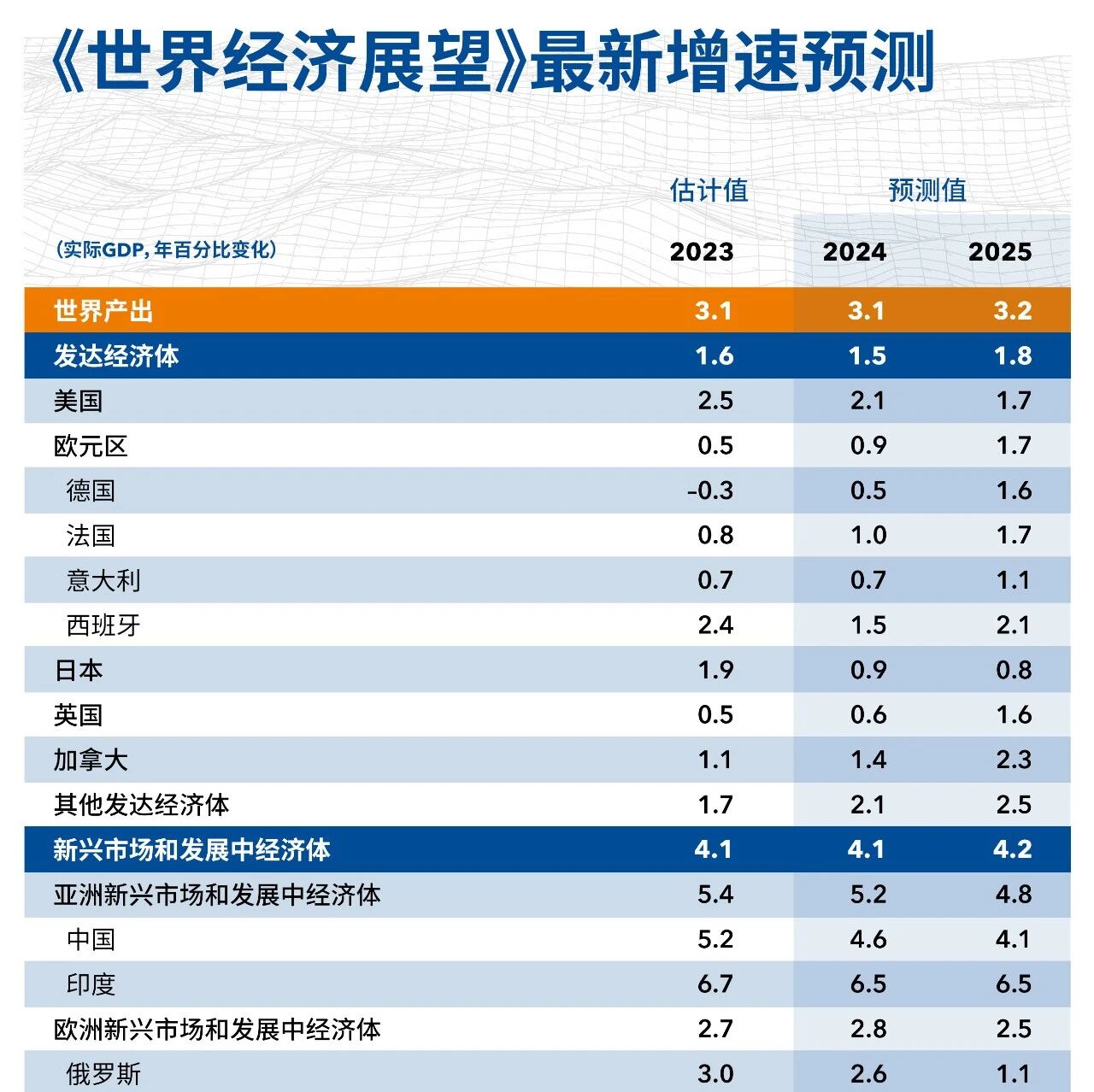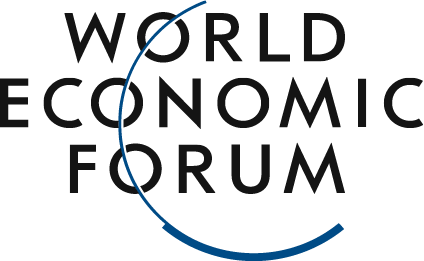
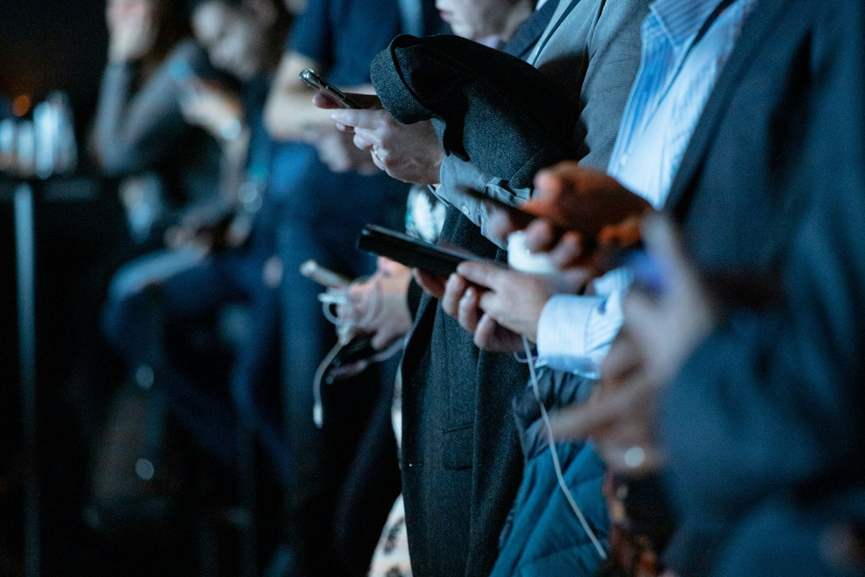
·(Jonathan Haidt)
:Camilo Jimenez/Unsplash
Ian Shine
Robin Pomeroy
·,
,,
“,‘,’,‘,’,” :·
,201415
,,,
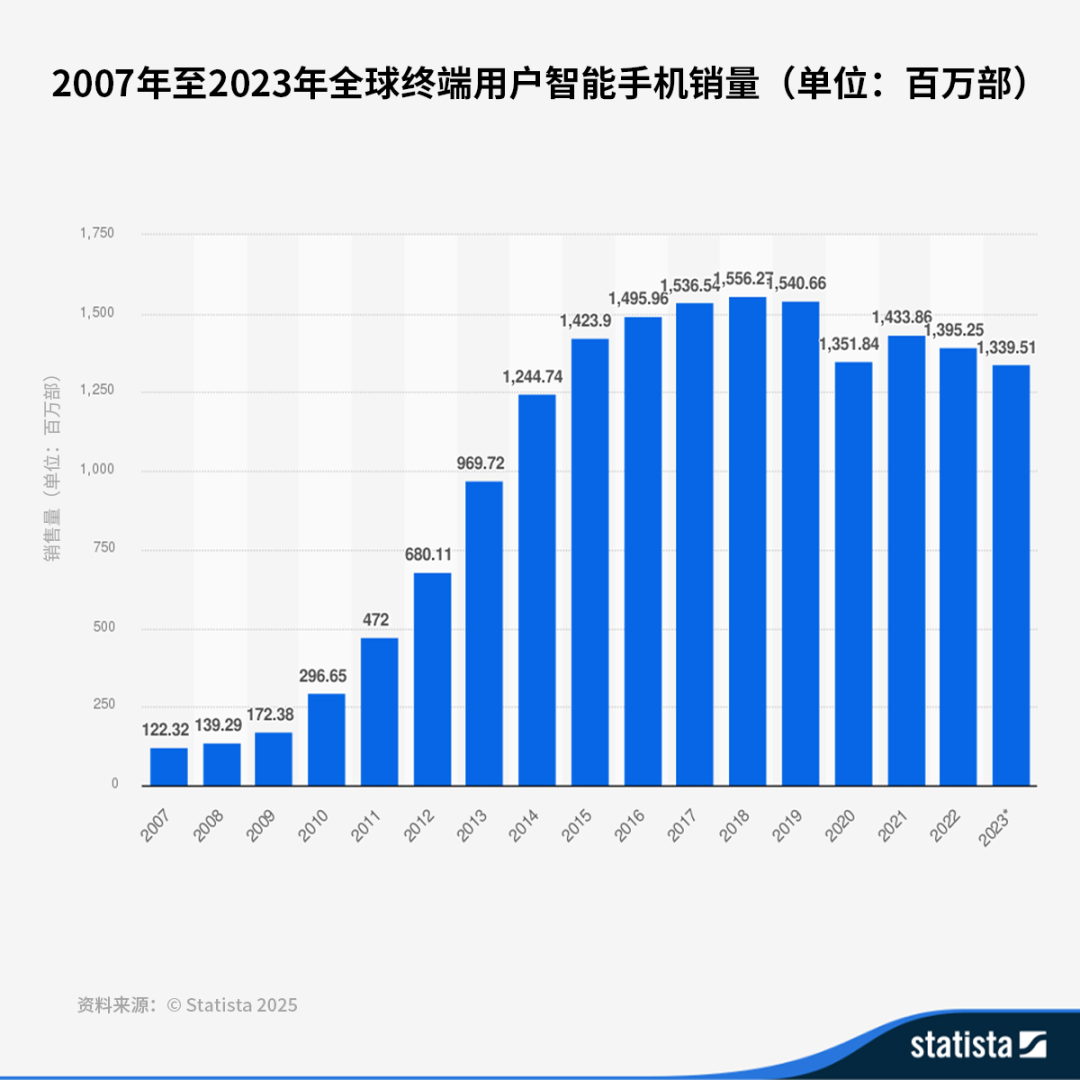
2012
:Statista
:“,?”“”,
“,,,,”
:
,,,
“,”,“,,,,,”
“,,,,2012”
:2012
2012,,,(PISA),
“,,,”
“20702012,PISA,”,“,()‘’”
“,,,”
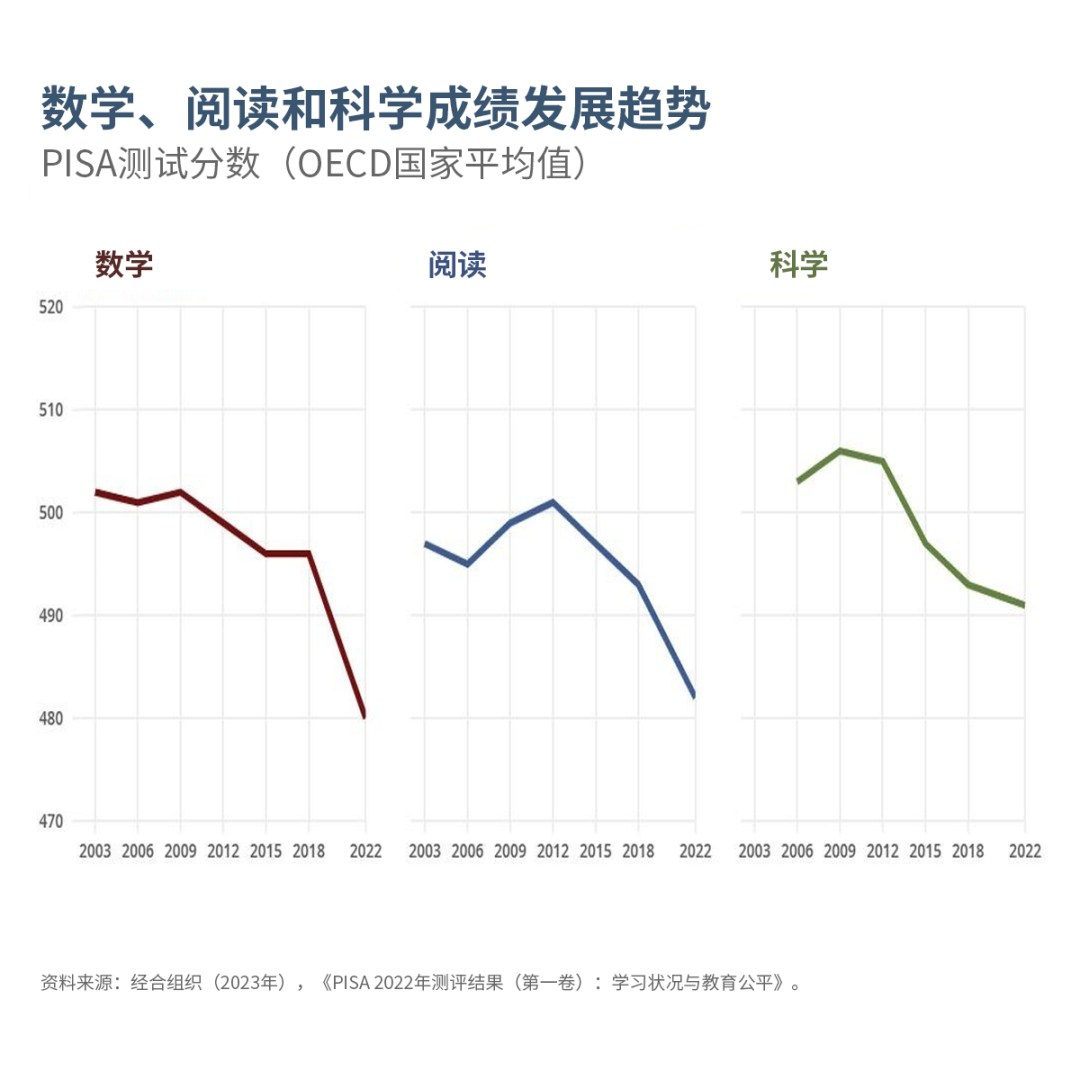
Since the rapid rise in smartphone penetration starting in 2012, PISA scores have declined significantly.
Image source: OECD
Smartphones and Mental Health: A Global Breakdown
Since the advent of smartphones, loneliness has been on the rise—aligning with Haidt's description of mental health as experiencing a "global, instantaneous collapse": "This isn't just happening in the U.S.; it's also evident in Australia, New Zealand, the Scandinavian countries, and many other nations."
The best solution is clear: "The most important thing we can do for mental health is to follow Australia’s approach—raising the minimum age for social media use to 16. Brazil is already implementing a no-smartphone-on-campus policy. And Indonesia has announced it plans to emulate Australia by increasing the age threshold for social media use as well. They haven’t yet specified exactly how high that threshold will be, but I hope it’s set at 16."
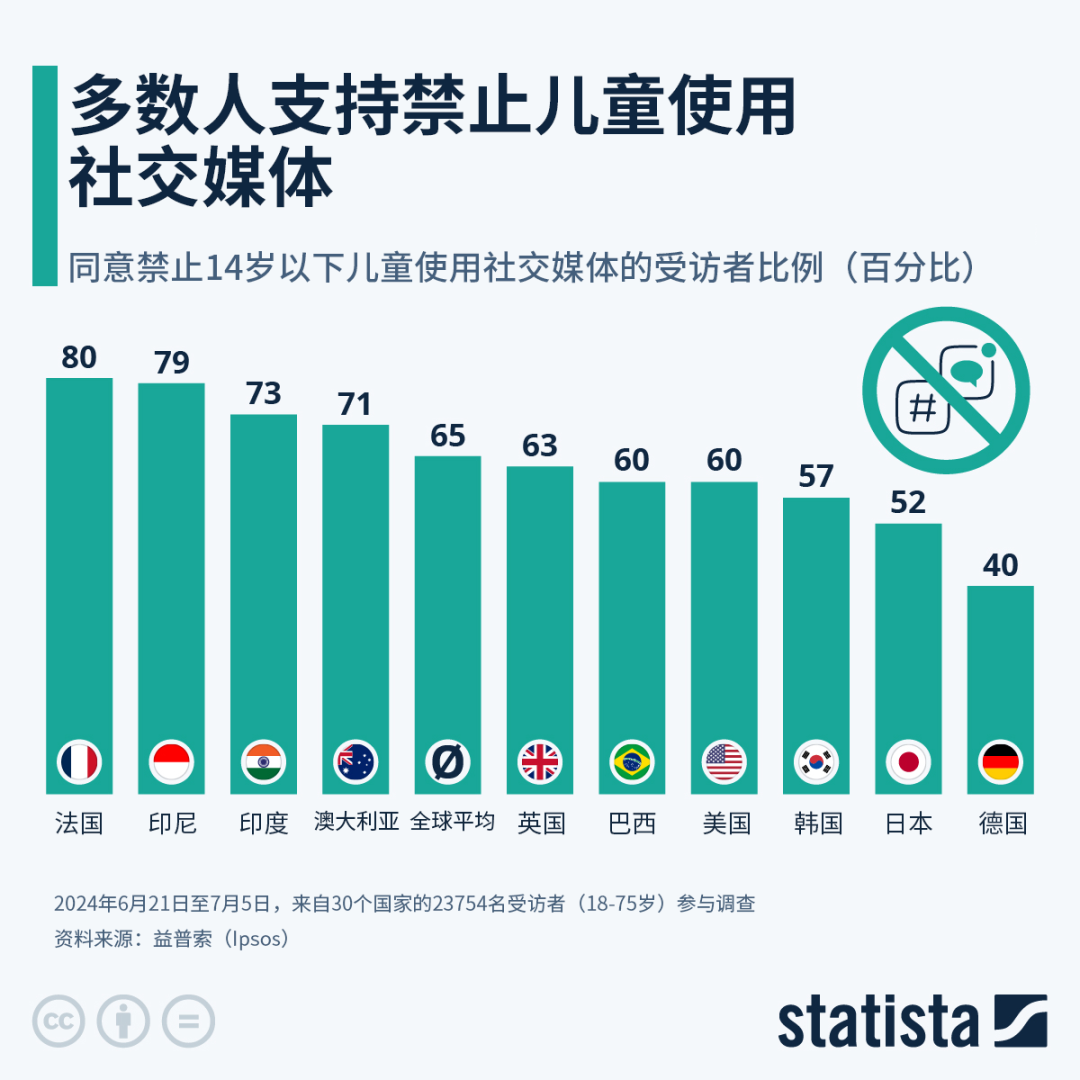
Several countries are considering banning children from using social media.
:Statista
In Haight's view, raising the age threshold is far more effective than tweaking algorithms to protect teenagers online.
“We must reduce the intense stimulation children are exposed to, because if they’re bombarded with stimuli for half the day, the other half becomes incredibly challenging for them. Their dopamine circuits start sending a signal: ‘Where’s all the exciting stuff?’ That’s why we need to fundamentally cut back on the time kids spend staring at screens—whether it’s the internet or their phones—and ideally act while they’re still young, cutting that time by as much as 70%, or even 90%.”
Smartphones and Language: Word Choice Matters
Hait believes that encouraging children to use their phones less hinges heavily on effective communication—using the right words can help them feel less resistant.
“I’ve noticed that in Europe, people just love the word ‘ban.’ Everything gets labeled as a ‘cell phone ban.’ But in the U.S., we don’t embrace the idea of bans—unless it’s absolutely necessary—so we prefer to call it a ‘no-phone campus.’ It’s a much more positive and constructive way of framing it, which is why ‘no-phone campus’ is exactly what we should be using.”
Another key point is that smartphones and traditional phones have fundamental differences.
“Smartphones aren’t phones—they’re a multi-entertainment portal,” Haight says. “If all kids used just flip phones, they wouldn’t spend every waking moment glued to them. Instead, they’d say, ‘Meet you at Pizza Place at 3,’ and then they’d actually head out to hang out. Now that’s what a healthy, fulfilling life looks like.”
Let’s return to Haidt’s wisdom from the ancients, which conveys a clear message: "Try to quiet the buzzing noise in your mind. By simply sitting still, you can achieve inner harmony—both within yourself, your spirit, and with the world around you."
While personal inner harmony is certainly important, truly addressing the potential negative impacts of smartphones and social media will require a much greater effort.
"This is a collective-action problem," Haight said. "Taking action alone would be incredibly challenging. What we need are clear, universally accepted norms—standards that everyone can follow. If we stick to them together, we’ll achieve twice the results with half the effort. And let me tell you, we’ve already made remarkable progress."
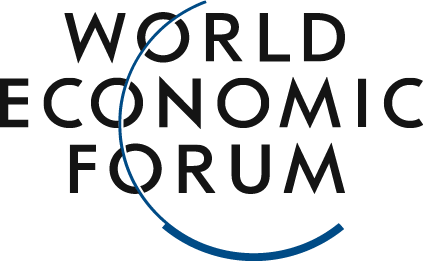
The above content solely represents the author's personal views.This article is translated from the World Economic Forum's Agenda blog; the Chinese version is for reference purposes only.Feel free to share this in your WeChat Moments; please leave a comment at the end of the post or on our official account if you’d like to republish.
Translated by: Sun Qian | Edited by: Wang Can
The World Economic Forum is an independent and neutral platform dedicated to bringing together diverse perspectives to discuss critical global, regional, and industry-specific issues.
Follow us on Weibo, WeChat Video Accounts, Douyin, and Xiaohongshu!
"World Economic Forum"

